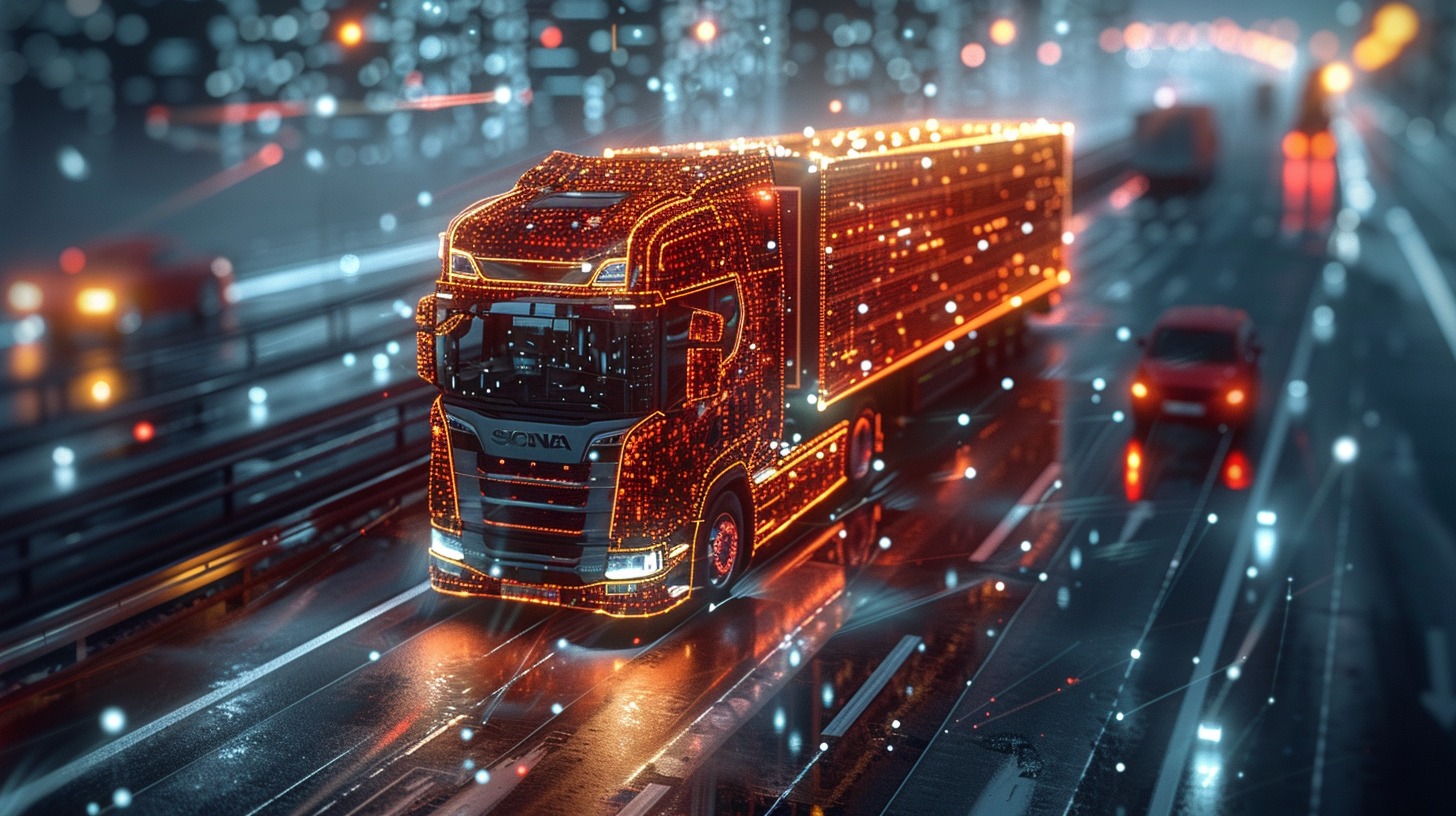The logistics industry is undergoing a major transformation driven by technology, with advancements in AI, robotics, and automation streamlining the supply chain. Key innovations in information technology in logistics include real-time inventory management using IoT devices and the use of drones and independent vehicles for last-mile delivery.
These technologies promise greater efficiency, lower costs, and improved customer satisfaction, signaling a bright future for logistics with technology at its core.
The Role of Technology
The logistics industry has been undergoing a massive transformation in recent years, and technology is at the vanguard of this revolution. With the advancement of artificial intelligence, robotics, and automation, the supply chain is becoming more efficient and streamlined than ever before. In this article, we will explore the future of logistics and how technology is reshaping the way goods are transported, tracked, and delivered.
Modern information technologies in logistics
Technology revolutionizes the supply chain by optimizing operations and enhancing efficiency. Modern information technologies in logistics, such as real-time inventory management through smart sensors, improve stock planning and cut costs, boosting customer satisfaction. Enhanced visibility from advanced tracking systems allows businesses to streamline routes and improve delivery updates.
Automation, particularly robotics, transforms warehouse processes, increasing productivity and accuracy in order fulfillment.
Automation and Robotics in the Supply Chain
AI, IoT, and blockchain are shaking up logistics by making supply chains more efficient and connected. AI helps optimize processes through data analysis, IoT allows for real-time tracking and management of goods, and blockchain keeps transactions secure and transparent, making operations smoother and less risky.

Artificial Intelligence and Machine Learning in Logistics
Using tech in the supply chain can boost efficiency, save costs, and improve visibility, leading to happier customers and a competitive edge. However, challenges like high startup costs, tricky integration, and cybersecurity issues need tackling to make tech adoption successful.
Internet of Things and Its Impact on Supply Chain Management
Big names like Amazon, UPS, and DHL are changing the game with tech in their supply chain operations. Amazon uses robotics and is looking into drone delivery for more efficiency. UPS uses AI and IoT to optimize routes and monitor fleets. DHL uses blockchain for better transparency and traceability.
Blockchain Technology in Logistics
With tech advancements, the future of logistics looks bright. Businesses can expect big improvements in supply chain operations thanks to better efficiency, lower costs, and a better customer experience. From inventory management to last-mile delivery, tech is changing how goods are transported, tracked, and delivered. Get ready for a future where tech takes center stage in logistics.
Benefits of Implementing Technology in the Supply Chain
Blockchain tech is transforming logistics by providing secure, transparent transactions and real-time tracking, boosting efficiency, cutting costs, and enhancing security. It creates unchangeable records to prevent fraud and simplify documentation. Despite hurdles like lack of standardization and scalability issues, blockchain’s potential for a more transparent and efficient supply chain is huge as more people hop on board.
Leveraging Technology in Logistics
Bringing tech into the supply chain can ramp up efficiency, improve inventory management, and enhance the customer experience. Automation speeds things up and reduces errors, while IoT devices enable real-time stock monitoring and better demand forecasting. Although there are challenges like high initial costs and data security concerns, the benefits of better performance and a competitive edge make adopting tech worth it.

